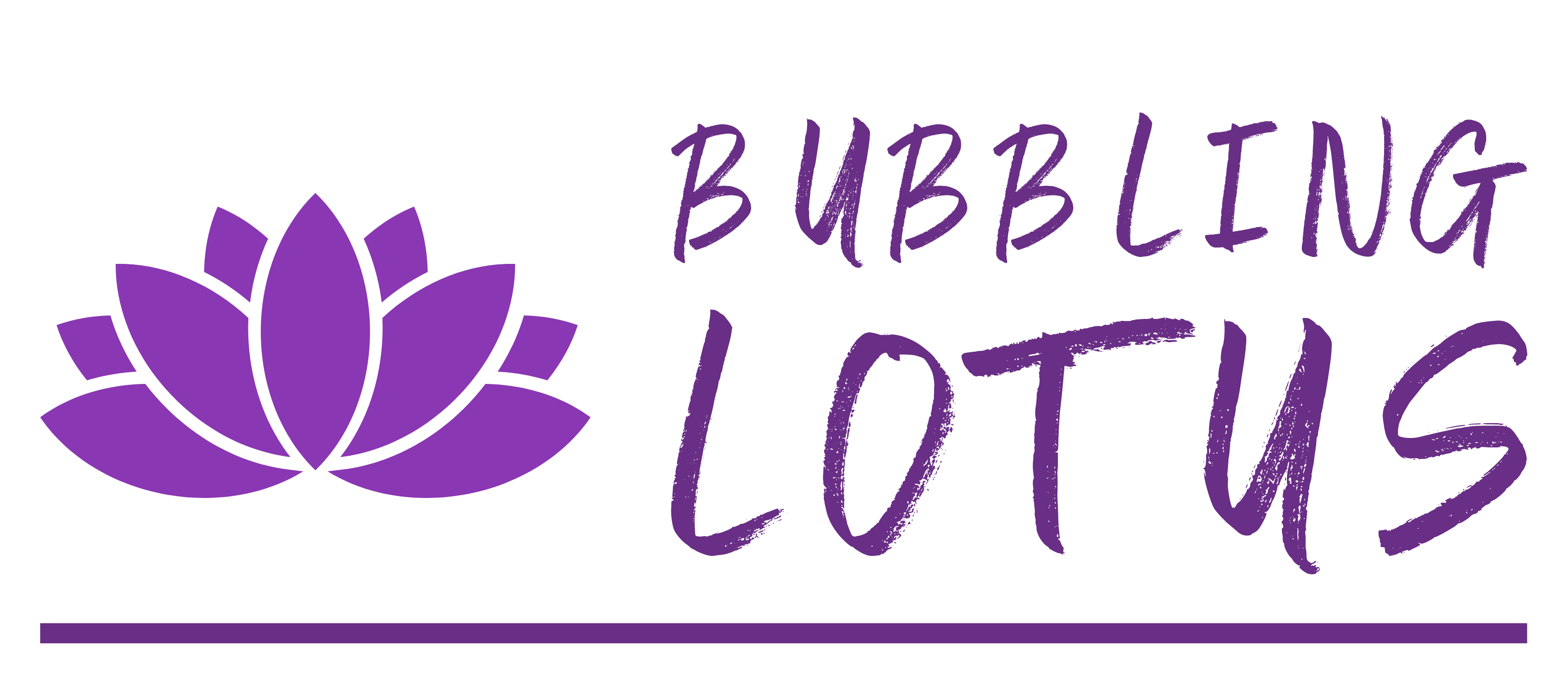Mindfulness-based Stress Reduction (MBSR) is a program developed by Jon Kabat-Zinn in the late 1970s at the University of Massachusetts Medical Center to help people manage stress, pain, and illness. The main goal of MBSR is to cultivate mindfulness, which is the practice of paying attention to the present moment without judgment. This practice has been found to be incredibly beneficial for mental health, leading to reduced symptoms of anxiety, depression, and stress.
In today’s fast-paced world, many individuals are constantly bombarded with stress from various sources such as work, family, and relationships. This chronic stress can take a toll on one’s mental health, leading to a variety of negative outcomes such as anxiety disorders, depression, and even physical ailments. However, practicing mindfulness-based stress reduction can be an effective way to alleviate these symptoms and improve overall well-being.
One of the key components of MBSR is mindfulness meditation, which involves focusing on the breath and bringing attention to the present moment. By practicing this form of meditation regularly, individuals can learn to quiet the mind and develop a greater sense of awareness of their thoughts and emotions. This can help to reduce the impact of stress on the body and mind, leading to improved mental health.
Research has shown that mindfulness-based stress reduction can have a significant impact on mental health. A study published in the Journal of Clinical Psychology found that participants who completed an MBSR program reported lower levels of stress and anxiety, as well as improved well-being and quality of life. Another study published in the Journal of Consulting and Clinical Psychology found that MBSR was effective in reducing symptoms of depression in individuals with a history of recurrent depression.
In addition to improving mental health, mindfulness-based stress reduction can also have a positive impact on physical health. Chronic stress has been linked to a variety of health problems such as high blood pressure, heart disease, and diabetes. By learning to manage stress through mindfulness practices, individuals can reduce the risk of developing these conditions and improve their overall health and well-being.
There are many ways to incorporate mindfulness-based stress reduction into your daily routine. One simple practice is to set aside a few minutes each day to sit quietly and focus on your breath. This can help to calm the mind and reduce stress levels. Additionally, participating in a formal MBSR program led by a trained instructor can provide guidance and support in developing a mindfulness practice.
It is important to note that mindfulness-based stress reduction is not a quick fix for mental health issues. Like any form of therapy or self-care practice, it takes time and dedication to see results. However, with regular practice, many individuals find that MBSR can be a valuable tool in managing stress and improving mental health.
In conclusion, mindfulness-based stress reduction is a powerful practice that can have a profound impact on mental health. By cultivating mindfulness and learning to manage stress effectively, individuals can experience reduced symptoms of anxiety, depression, and stress. If you are struggling with mental health issues, consider incorporating mindfulness practices into your daily routine to experience the benefits for yourself.
For more information visit:
Bubbling Lotus | Mindfulness Based Stress Reduction
https://www.bubblinglotus.online/
Learn how to manage your stress, anxiety & chronic pain with mindfulness & meditation and discover how to live a happier, calmer life filled with more contentment, increased focus & clarity and higher quality relationships.


